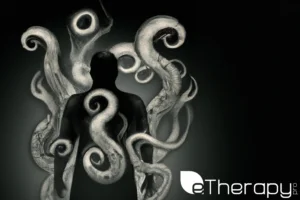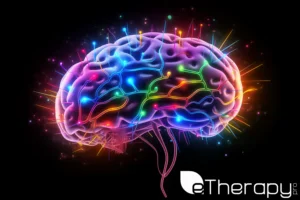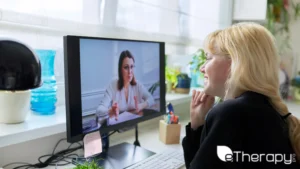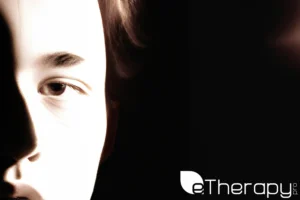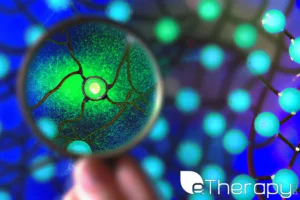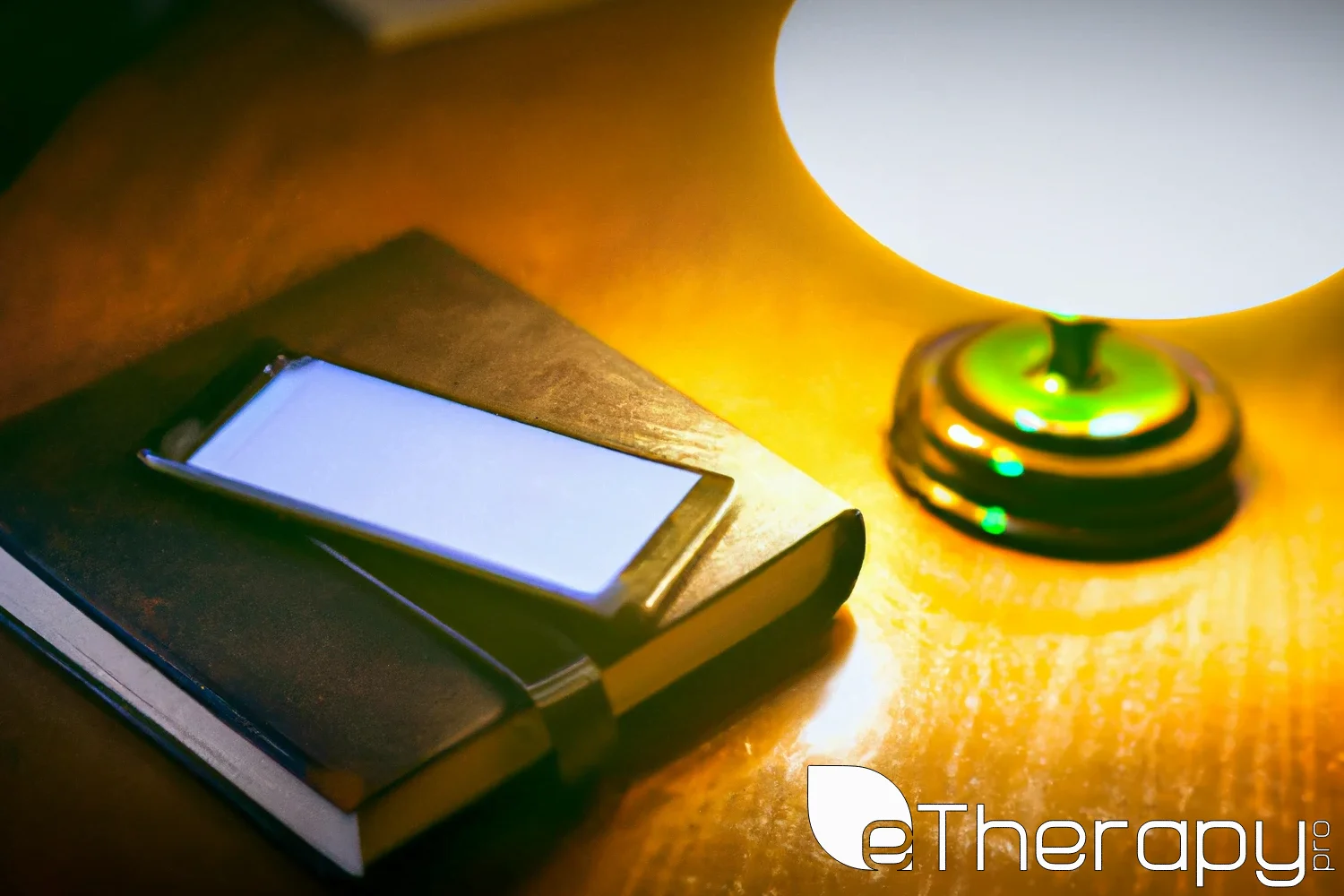 In an era where our every thought can be effortlessly broadcasted to the world with a simple click, we find ourselves at an interesting crossroad. Do we share to express or to impress? While our social media feeds are flooded with filtered snapshots of perfect moments, it’s crucial to remember the transformative power of raw, unfiltered self-expression. This isn’t about demonizing social media but about understanding its role in our lives. If posting online is the equivalent of a polished movie trailer, journaling is the behind-the-scenes footage—real, unscripted, and deeply personal. Dive in to discover why expressing yourself in the pages of a journal can be a game-changer for your mental well-being, and how it often outshines the deceptive glow of the digital limelight.
In an era where our every thought can be effortlessly broadcasted to the world with a simple click, we find ourselves at an interesting crossroad. Do we share to express or to impress? While our social media feeds are flooded with filtered snapshots of perfect moments, it’s crucial to remember the transformative power of raw, unfiltered self-expression. This isn’t about demonizing social media but about understanding its role in our lives. If posting online is the equivalent of a polished movie trailer, journaling is the behind-the-scenes footage—real, unscripted, and deeply personal. Dive in to discover why expressing yourself in the pages of a journal can be a game-changer for your mental well-being, and how it often outshines the deceptive glow of the digital limelight.
Genuine Self-Expression vs. Social Media Performance
We’ve all been there: scrolling through a feed filled with sun-kissed vacations, flawless selfies, and the quintessential latte art. Social media, while a fantastic platform for connection, often becomes a stage where we perform rather than express.
The Highlight Reel Syndrome
Imagine your life as a movie. Social media tends to showcase just the highlights, the blockbuster moments. It’s tempting to curate a life that seems perfect. But in doing so, we might inadvertently sidestep the mundane, the struggles, and the realness that truly defines us.
We compare our behind-the-scenes with everyone else’s highlight reel. – Steven Furtick
Validation Through Likes
The dopamine rush of getting a ‘like’ or ‘comment’ is real. But seeking validation from this digital applause can be precarious. Our worth isn’t determined by the number of double-taps on a post. When we equate self-worth with online approval, we’re setting ourselves on a shaky foundation.
The Pressure to Conform
While platforms encourage us to ‘be ourselves,’ there’s an unspoken pressure to conform to trends, challenges, and the popular aesthetic of the day. This can muddle our genuine feelings, thoughts, and experiences, diluting our unique voice amidst the clamor of digital sameness.
In contrast, the digital age often finds us losing touch with our authenticity and the ability to recognize and cope with our distinctive life journeys and emotions. Instead of connecting deeply with ourselves, we often become swayed by the ebb and flow of online trends.
The Therapeutic Power of Journaling and Authentic Connections
In a world dominated by screens and digital interactions, the act of putting pen to paper or forging genuine connections can seem like a refreshing throwback. But it’s more than just nostalgia; it’s a powerful tool for mental well-being.
Journaling: Your Personal Safe Space
Journaling isn’t about creating perfect prose or poetic verses. It’s about pouring out thoughts, worries, hopes, and dreams without judgment. This private dialogue with oneself can lead to clarity, catharsis, and even creative bursts. It’s a no-pressure environment, free from the need for ‘likes’ or external validation, where you can genuinely understand and articulate your feelings.
I don’t know what I think until I write it down. – Joan Didion
Building Authentic Connections
While a journal offers a solitary reflective space, authentic connections with loved ones provide shared comfort. It’s in the deep, unhurried conversations, the heart-to-heart chats, and the moments of shared vulnerability where we truly see and are seen. These connections remind us that we aren’t alone in our experiences or feelings, fostering a sense of belonging and understanding.
Express, Not Impress
When we shift from trying to impress a digital audience to genuinely expressing ourselves, we embrace authenticity. Whether it’s through the pages of a journal or in the company of trusted friends, there’s therapeutic value in being true to oneself. It’s a reminder that it’s okay to be imperfect, to have bad days, and to feel a myriad of emotions.
Owning our story and loving ourselves through that process is the bravest thing we’ll ever do. – Brené Brown
By embracing these practices, we move away from the superficiality of digital performances and step closer to a deeper understanding and appreciation of our unique selves.
Setting Healthy Boundaries in the Digital Realm
Social media, if left unchecked, can feel like a never-ending roller coaster of emotions. From FOMO (Fear Of Missing Out) to battling self-worth issues, the digital realm can be overwhelming. It’s essential, then, to establish clear boundaries for a healthier interaction with these platforms.
Scheduled Digital Detoxes
Dedicate specific times of the day or even whole days where you consciously disconnect from the digital world. Whether it’s the first hour after waking up, the last hour before bed, or a full Sunday unplugged, these breaks can be restorative. They allow our minds to decompress, shift focus, and enjoy the present moment.
Curate Your Feed
Just as you’d remove clutter from your living space, it’s equally vital to curate your digital environment. Follow accounts that inspire positivity, growth, and genuine connection. Unfollow or mute accounts that constantly trigger negative emotions or perpetuate unrealistic standards.
Be an Active, Not Passive, User
Instead of endlessly scrolling, aim to use social media with purpose. Maybe it’s to learn something new, connect with a loved one, or even share genuine moments of your life. Being intentional about how and why you’re using these platforms can shift the dynamic from passive consumption to active engagement.
Remember It’s Only a Slice of Reality
Social media showcases but a sliver of a person’s life, often the most polished and glamorous parts. Always remind yourself that for every perfect shot, there are countless unseen moments—struggles, failures, and mundane daily routines. This perspective can help in grounding our perceptions and expectations.
By setting these boundaries, we’re not shunning the digital world but rather learning to navigate it in a way that serves our well-being and mental health. It’s about creating a balance where we can enjoy the benefits of connectivity without letting it overshadow our authentic selves.
Conclusion
In an age illuminated by glowing screens and dominated by digital voices, it’s easy to mistake social media performance for genuine self-expression. But true authenticity, that heart-felt whisper of our innermost thoughts and feelings, doesn’t need filters or likes to validate its existence. It thrives in the raw pages of journals, in the intimate conversations with our loved ones, and in the silent acknowledgment of our own truths.
While we can’t rewind the clock and go back to a pre-digital era, neither should we want to. This age, with its vast connectivity and boundless platforms for expression, brings undeniable benefits. The key lies in harnessing its strengths without losing sight of our genuine selves.
As we scroll through our feeds, may we always remember to pause, reflect, and express without suppression. To embrace the wonders of this digital age, but also to cherish the timeless power of authentic communication and honest self-reflection. In this balance, we not only find our true voice but also nurture our mental well-being. Filter the noise, keep it real, and always remember the importance of expressing, not just impressing.
